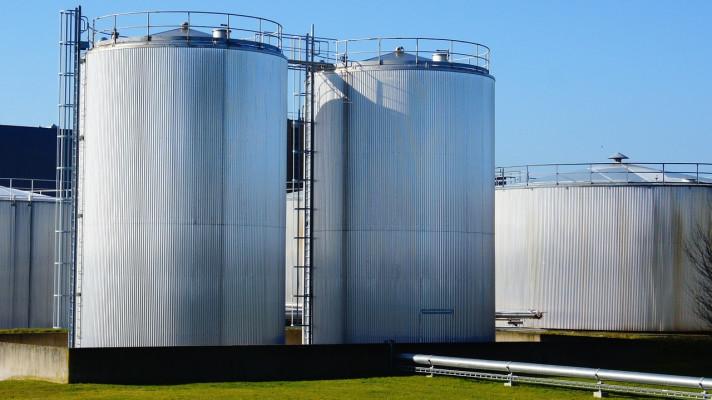Studie varují před Triclosanem (Triclosan and its toxicity to aquatic organisms)
A new review of the anti-microbial substance triclosan argues that past risk assessments have underestimated its toxicity to aquatic organisms. New data from Germany suggest that aquatic organisms are frequently overexposed to damaging levels of triclosan in waterways, and the researchers suggest it could be restricted under EU legislation.
Triclosan is an anti-microbial chemical commonly used in soap, skin creams, toothpaste and deodorant. Since such products are easily washed off the skin, triclosan accumulates in municipal wastewater. Even the most up-to-date wastewater treatment plants do not remove triclosan completely and up to 42% of the substance can be dispersed into the environment, either as wastewater effluent or in the residual `sludge´ of waste treatment, known as biosolids, which is often used as an agricultural fertiliser.
Several scientific studies have found triclosan to be toxic to aquatic organisms, but particularly for microalgae. It has also been detected in human blood and milk, raising concerns in the scientific community about its potential effects on human health.
However, the potential risk posed by triclosan has been largely overlooked, according to the new research, because not enough monitoring data exist across Europe for the EU to consider triclosan as a priority substance under the EU´s Water Framework Directive (WFD)1. Some previous studies also disagree on the actual risk posed by triclosan based on how long it persists in the environment before it is degraded, with estimates ranging from a few hours to several years.
The environmental risk of any chemical is scientifically assessed by comparing the level of actual exposure to a threshold level below which no ecological effect is observed, known as the `Predicted No Effect Concentration´ (PNEC). The researchers argue that in the case of triclosan, previous studies have used PNECs that are too high. This, they say, has led to underestimation of the real hazard and thus of the actual risk.
The researchers monitored triclosan levels at 802 stations in the Elbe Basin, Germany, between 2006 and 2008 and compared them to a revised PNEC, based on all the available effect data. The results suggest that triclosan exceeded safe concentrations for algae at more than 75% of sites, which has implications for the health of the ecosystem as a whole. Depending on the particular species, the safe threshold was exceeded by a factor of between 12 and 41.
They carried out similar calculations for 500 other organic pollutants and ranked them in terms of the frequency of samples where safe thresholds were exceeded and by how much the thresholds were exceeded. Triclosan ranked sixth highest, with the results indicating that organisms are frequently exposed to the substance at levels above safe limits.
Together with concern over the potential impact on human health and the fact that triclosan is widely used across the EU, these results suggest that triclosan could be considered a priority for routine EU-wide monitoring and as a candidate for identification as a priority substance under the Water Framework Directive.
Source: von der Ohe, P.C., Schmitt-Jansen, M., Slobodnik, J. & Brack, W. (2011). Triclosan - the forgotten priority substance? Environmental Science and Pollution Research. DOI: 10.1007/s11356-011-0580-7.
Contact: peter.vonderohe@ufz.de
ZDROJ: EU - Science Environment Policy
